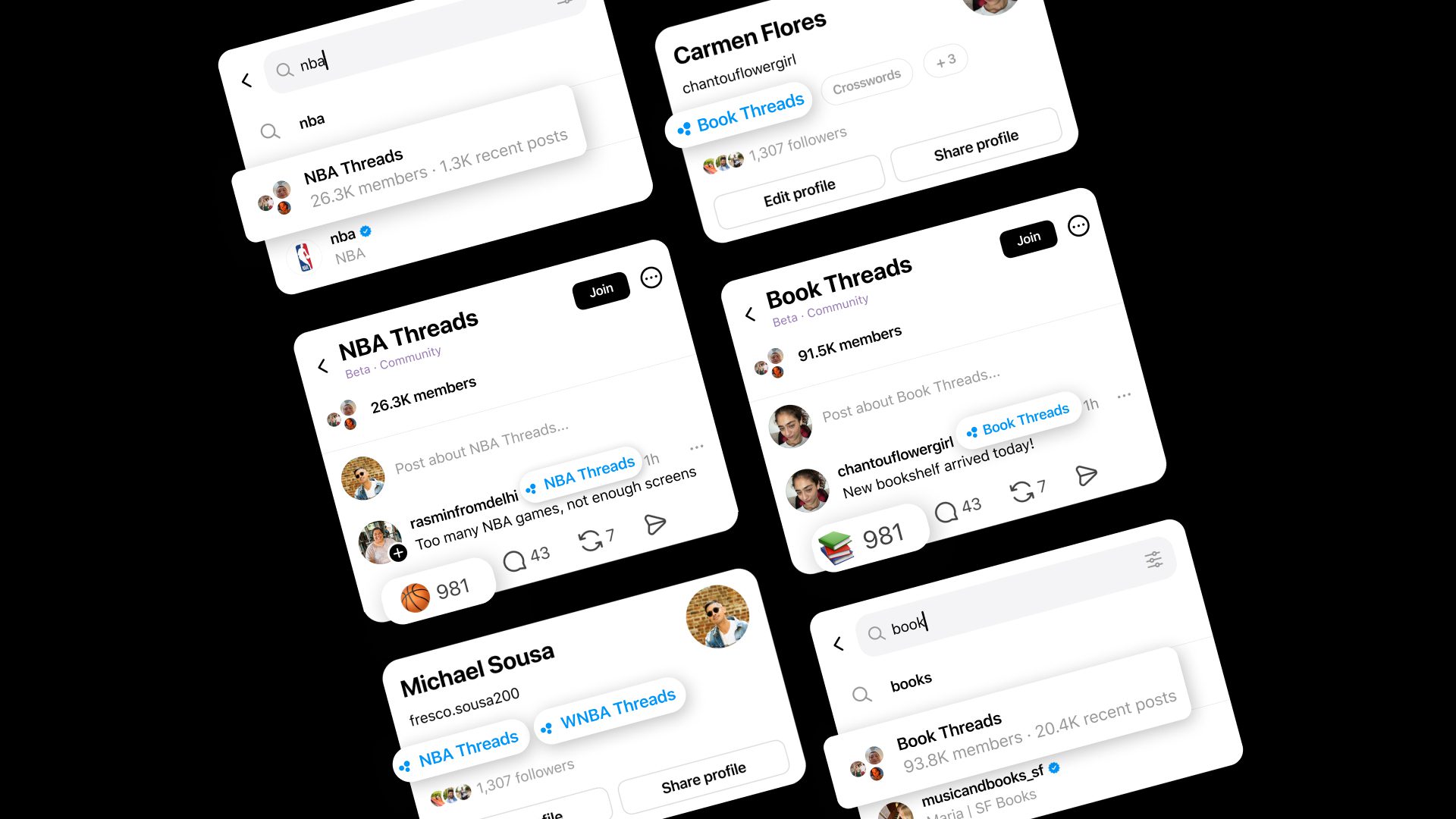
elon musk is leading a pressure campaign Elon Musk has initiated a campaign urging Netflix subscribers to cancel their memberships, citing concerns over the inclusion of transgender characters in various series.
elon musk is leading a pressure campaign
Background on Musk’s Campaign
In recent weeks, Elon Musk has taken to social media platform X to express his discontent with Netflix’s programming choices, particularly targeting shows that feature transgender characters. His campaign began with a post criticizing the animated series Dead End: Paranormal Park, which features a transgender protagonist. Musk’s comments have sparked significant attention and debate, reflecting broader cultural tensions surrounding representation in media.
Musk’s initial post stated, “This is not okay,” in response to the show’s content. He later shared an image that accused Netflix of promoting a “transgender woke agenda.” His call to action was clear: “Cancel Netflix for the health of your kids.” This statement resonated with some of his followers, who have echoed his sentiments in various online forums.
Impact of Musk’s Statements
The first season of Dead End: Paranormal Park premiered in 2022, but the series was canceled in 2023, a decision that some speculate may have been influenced by the backlash surrounding its content. Musk’s comments have not only targeted this particular show but have also extended to other series featuring transgender characters, such as The Baby-Sitters Club, which was canceled after two seasons in 2022. His criticism has further intensified with remarks about a 2023 episode of CoComelon Lane that depicted a child trying on a tutu and tiara, which Musk labeled as “super messed up for a kids show!”
Broader Cultural Context
Musk’s campaign is part of a larger right-wing backlash against diversity in media. Influencers and commentators from conservative circles have increasingly criticized media companies for their efforts to include more diverse representation, particularly in terms of gender and sexual orientation. This backlash aligns with a broader political climate where issues of diversity, equity, and inclusion (DEI) are being scrutinized and, in some cases, actively opposed.
Notably, the Trump administration had previously labeled DEI programs as “illegal” and has taken steps to ban gender-affirming care for children. This political backdrop has emboldened figures like Musk and Representative Marjorie Taylor Greene (R-GA), who have joined the chorus of voices criticizing Netflix. Greene has accused the streaming service of “pushing woke Democrat gender ideology,” further amplifying the pressure on the company.
Reactions from Media Companies
As the pressure mounts, media companies are grappling with how to respond to these criticisms. The landscape for representation in media has become increasingly fraught, with many companies already taking steps to downplay trans representation. For instance, Disney reportedly pulled an episode of Moon Girl and Devil Dinosaur that focused on a transgender character last December, indicating a trend of self-censorship in response to external pressures.
The Federal Communications Commission (FCC), led by Brendan Carr, has also weighed in on the matter, compelling companies to reconsider their DEI policies. While the FCC has limited direct influence over streaming services like Netflix, the cultural and political pressures exerted by figures like Musk have tangible effects on business decisions. The backlash from right-wing influencers can create a chilling effect, leading companies to reconsider their programming choices to avoid potential boycotts or public relations crises.
Financial Implications
The financial implications of Musk’s campaign and the broader right-wing backlash against diversity in media cannot be understated. Streaming services like Netflix rely heavily on subscriber numbers for revenue, and any significant drop in subscriptions can have dire consequences for their bottom line. As Musk encourages his followers to cancel their subscriptions, Netflix faces the risk of losing a portion of its audience, particularly among conservative viewers who may feel alienated by the company’s programming choices.
Moreover, the streaming giant has already faced challenges in recent years, including subscriber losses and increased competition from other platforms. The potential for a coordinated campaign against Netflix could exacerbate these existing challenges, forcing the company to navigate a complex landscape of consumer sentiment and political pressure.
Stakeholder Reactions
The reactions to Musk’s campaign have been varied, with some supporting his stance while others vehemently oppose it. Supporters of Musk’s position argue that media should reflect traditional values and that the inclusion of transgender characters is inappropriate for children’s programming. They believe that Musk’s influence can help shift the narrative around representation in media.
On the other hand, opponents of Musk’s campaign argue that representation matters and that diverse characters can provide valuable perspectives for children. They contend that shows like Dead End: Paranormal Park and others serve to educate and normalize discussions around gender identity, ultimately fostering a more inclusive society. Critics also point out that Musk’s campaign may contribute to a culture of intolerance and discrimination against marginalized communities.
Future of Representation in Media
The ongoing debate surrounding representation in media raises important questions about the future of storytelling in an increasingly diverse society. As more creators strive to include characters from various backgrounds, the backlash from figures like Musk and others may lead to a reevaluation of how stories are told and who gets to tell them.
Media companies must balance the desire for inclusivity with the need to maintain a broad audience base. This balancing act can be particularly challenging in a polarized political climate, where any misstep can lead to significant backlash. The challenge lies in finding ways to tell diverse stories while also addressing the concerns of those who feel threatened by such representation.
Conclusion
Elon Musk’s campaign against Netflix highlights the ongoing cultural battle over representation in media, particularly concerning transgender characters. As he calls for subscribers to cancel their memberships, the implications for Netflix and the broader media landscape are significant. The pressure from right-wing influencers, combined with political scrutiny, poses challenges for media companies striving to create inclusive content.
As the debate continues, it remains to be seen how Netflix and other streaming services will navigate these pressures while remaining committed to diverse storytelling. The outcome of this cultural confrontation may shape the future of representation in media for years to come.
Source: Original report
Was this helpful?
Last Modified: October 2, 2025 at 10:39 pm
5 views















